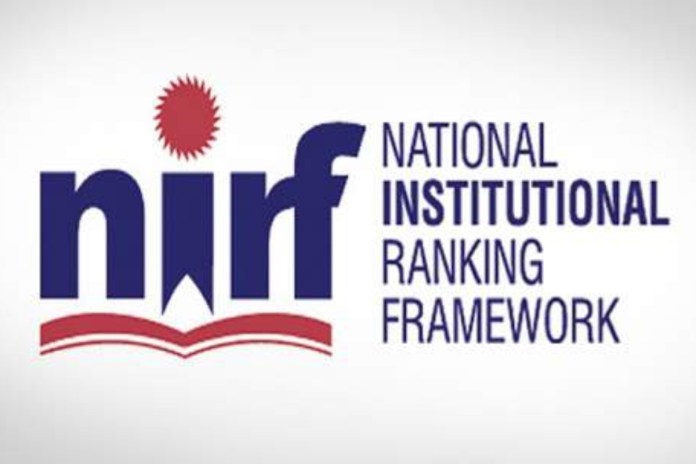The National Institutional Ranking Framework (NIRF) has faced several criticisms regarding its methodology and approach to ranking universities in India:
Over-reliance on bibliometrics: NIRF places significant weight on publication metrics, primarily considering research articles indexed in commercial databases like Scopus and Web of Science. This approach sidelines other forms of intellectual contributions such as books, book chapters, monographs, and grey literature. As a result, researchers may focus more on publishing in international journals, which often prioritize topics of global significance over local issues, particularly those stemming from low- and middle-income countrie.
Lack of transparency: NIRF’s ranking process lacks transparency, as it relies solely on unverified data supplied by the institutions themselves. The use of arbitrary metrics like the perception score further undermines the credibility of the rankings.
Failure to account for institutional diversity: The NIRF ranking framework applies the same criteria to judge law colleges as it would for medical or engineering colleges, without considering the unique aspects of different disciplines. This one-size-fits-all approach may not accurately reflect the strengths and specializations of various institutions.
Neglect of student welfare: The NIRF ranking fails to consider the quality of life and overall experience of students on campus. Factors such as accommodation, food, safety, and hygiene are not adequately addressed, despite their importance in shaping the overall educational environment.
Emphasis on competition over education: The NIRF rankings have been criticized for promoting unhealthy competition among universities rather than focusing on improving the quality of education and research. The obsession with rankings may lead to stagnation in individual growth and institutional development.
In summary, the NIRF ranking system faces criticism for its overemphasis on bibliometrics, lack of transparency, failure to account for institutional diversity, neglect of student welfare, and promotion of competition over education.
Addressing these issues is crucial for developing a more reliable and comprehensive ranking framework that accurately reflects the multifaceted nature of higher education institutions in India.

